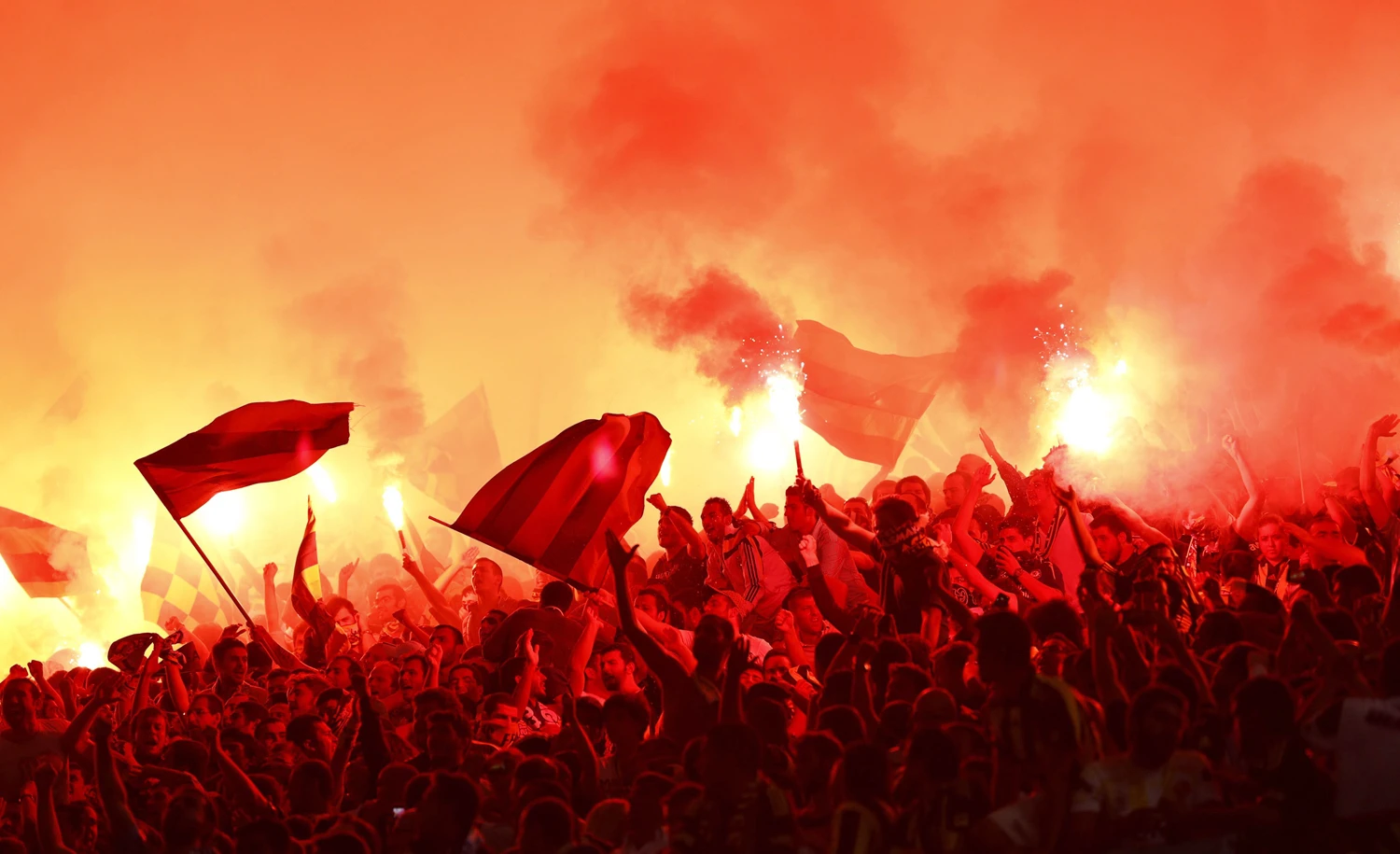La “febbre del calcio” della Turchia e come rappresenta i valori culturali
Football in Turkey is more than just a game; it is a passion, a culture, and a deep-rooted part of the national identity. For many, the sport is synonymous with their sense of belonging and pride, with certain clubs representing not just footballing excellence, but also the heart and soul of specific regions and cities.
### The Rivalry of the "Big Three"
Turkish football is home to a unique form of rivalry that transcends mere competition; it is intercontinental. The three giants of Turkish football—Beşiktaş, Galatasaray, and Fenerbahçe—are not only based in Istanbul but represent different parts of the city, geographically and culturally. Beşiktaş and Galatasaray, competing in Europe, and Fenerbahçe, representing Asia, create an exciting and deeply embedded rivalry. These clubs are not just local teams but symbols of their respective areas, representing a fierce sense of regional pride. Known as the “Big Three,” these teams have dominated Turkish football for over a century and are the focal point of intense national passion and loyalty.
### The Passion of Turkish Football Fans
One of the most striking elements of Turkish football culture is the intensity of its fans. When Beşiktaş secured the championship title in the 2020-2021 season, the streets of Turkey erupted in celebration despite the restrictions of the COVID-19 pandemic. Fans spilled into the streets in hordes, chanting and honking their car horns to express their joy and love for the team. This annual post-season celebration is a testament to how much football means to the people, a tradition that often feels more like a public holiday than just the culmination of a sports season.
Another powerful example of the passion surrounding football in Turkey comes from the experience of a Trabzonspor fan. At just 8 years old, witnessing the atmosphere surrounding a Champions League match between Trabzonspor and SL Benfica at the Atatürk Stadium was unforgettable. Fans, thousands strong, gathered hours before the match, lighting torches and performing the traditional Horon dance. Even though Trabzonspor was ultimately eliminated from the competition, the unity, joy, and commitment of the fans remained evident throughout. This scene encapsulates the collective spirit and pride that Turkish football inspires in its people, regardless of the final outcome on the pitch.
### Dark Chapters: The 2010-2011 Season
However, not all moments in Turkish football history are filled with joy and celebration. The 2010-2011 season was marred by a scandal that left a stain on the sport's reputation. The match-fixing scandal, which involved several prominent football clubs, caused widespread turmoil. The most shocking moment was the arrest of Fenerbahçe's president, which raised questions about the legitimacy of the competition.
Fenerbahçe had finished first in the Super League that season, but the ongoing match-fixing case led to controversy over whether they should be declared champions. Trabzonspor, finishing in second place, strongly contested the outcome and demanded that Fenerbahçe’s title be stripped. The Turkish Football Federation (TFF) ultimately banned Fenerbahçe from participating in the Champions League, awarding the spot to Trabzonspor instead. However, the legal and public battle over who should be crowned the 2010-2011 champion has persisted to this day. Trabzonspor has petitioned through various legal channels, including FIFA and the European Court of Human Rights, to have the title awarded to them, but all attempts have been rejected.
This issue has remained a contentious one, dividing the fans of Fenerbahçe and Trabzonspor for over a decade. The debate continues, and in 2024, many in Turkey still disagree over who truly deserves the 2010-2011 title, illustrating how deeply ingrained these rivalries are in Turkish football culture.
### The Cultural Significance of Football
Despite the controversies and challenges, football remains an unshakable part of Turkey’s cultural landscape. It is a source of pride and identity for millions of people. The emotional connection that fans have with their teams is unparalleled. Football in Turkey is not just about victories on the pitch; it’s about unity, passion, and regional pride. The football stadiums in Turkey are places where communities come together, where traditional dances like the Horon are performed, and where the joy of the game transcends the boundaries of sport itself.
Football's power to unite is also seen in the success of the Turkish national team, especially in recent tournaments like UEFA Euro 2024, where Turkey's impressive performance reignited national pride and brought together fans from every corner of the country. This unity, sparked by the collective love for football, is what ensures that football will remain an irreplaceable and defining element of Turkey’s cultural fabric.
### Conclusion
Turkish football represents much more than just a sport. It is a vital thread that connects individuals to their cities, their history, and each other. The intense rivalries, the passionate fans, and the ongoing battles for titles and recognition are all part of what makes football in Turkey so unique and significant. Whether it’s the joy of victory, the unity of supporters, or the pride in representing a city or region, football in Turkey reflects the heart of the nation itself—vibrant, passionate, and deeply tied to its culture.


 9
9
